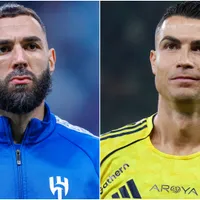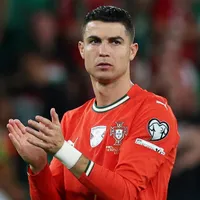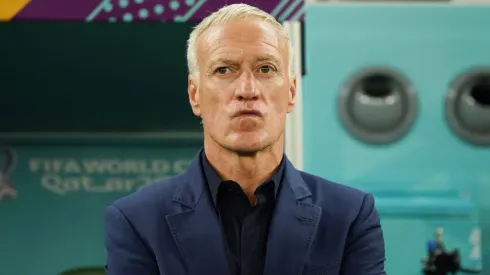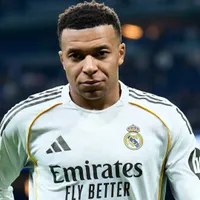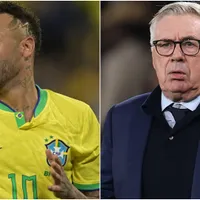The good news for France was that they were already through to the Round of 16. The less comforting news was that their much-fancied squad appeared to lack the depth that many had believed it possessed.
In France’s defeat to Tunisia, the reigning champions changed nine of their eleven players from the previous match, lining up with the most altered team of the tournament so far. In itself, it’s an understandable move from manager Didier Deschamps; with his team already through as group winners, why not rest his key players before the tournament evolves into a knockout competition and he needs to rely on them for a potential four games within 14 days.
What would have concerned him, however, is that this new-look team barely resembled anything like world champions.
Current World Cup champions are not favorites
Before a ball was kicked in Qatar, many onlookers eyed up the French squad with envy. Their squad was bulging with talent across the pitch and their front line alone held enough to cause concern in even the most stringent of defences. On top of that they knew how to win, both the team and the manager collecting the biggest prize in the sport.
But then the injuries came rolling in, and not just to fringe players. Paul Pogba and N’Golo Kanté, the creativity and enforcement at the heart of their midfield, were both ruled out early. Raphaël Varane was forced off the field while on duty for Manchester United and his position not guaranteed. His possible center-back partner Presnel Kimpembe was ruled out too. Breakthrough striker Christpher Nkunku was injured in training, Karim Benzema was forced to withdraw and the first game saw them lose their only established left-back, Lucas Hernandez.
All of a sudden the reserves had to become starters. A new and untested midfield pairing of Aurélien Tchouaméni and Adrien Rabiot were drafted in. Olivier Giroud, a likely third choice center forward became first choice, a second-string back four started in their opening game and the usually pragmatic Deschamps was forced to ditch his safety first approach and acknowledge where his teams strength lay and start with four out and out attacking players from the start.
For the first two games this tactic worked fine. After an initially testing opener against Australia where some players took time to settle, they soon found their flow and ended up 4-1 winners. The following game, against a Denmark team who had already beaten them twice this year, an inspired Kylian Mbappé led them to a 2-1 victory.
France not as strong as first thought
Sitting top of the group and comfortably into the last 16, Deschamps can be forgiven for switching things up a little. But perhaps what he inadvertently did in selecting such a changed eleven was to show to the rest of the world that France’s B team isn’t nearly as close to the A team they had feared.
The drop off in quality was quite alarming to watch. Players, like hugely promising Real Madrid midfielder Eduardo Camavinga, were played out of position, there was a lack of pace throughout the side and a bluntness to their attack that saw them comfortably outplayed against the team ranked 30th in the world.
In every tournament a team will have an off-day. A match when things, for one reason or another, just won’t click. At least for France, in this instance, they can pinpoint the reason. It’s now up to them to ensure their first XI don’t drop their form because if the game against Tunisia is used for evidence, their second XI aren’t up to the job of defending their title.


